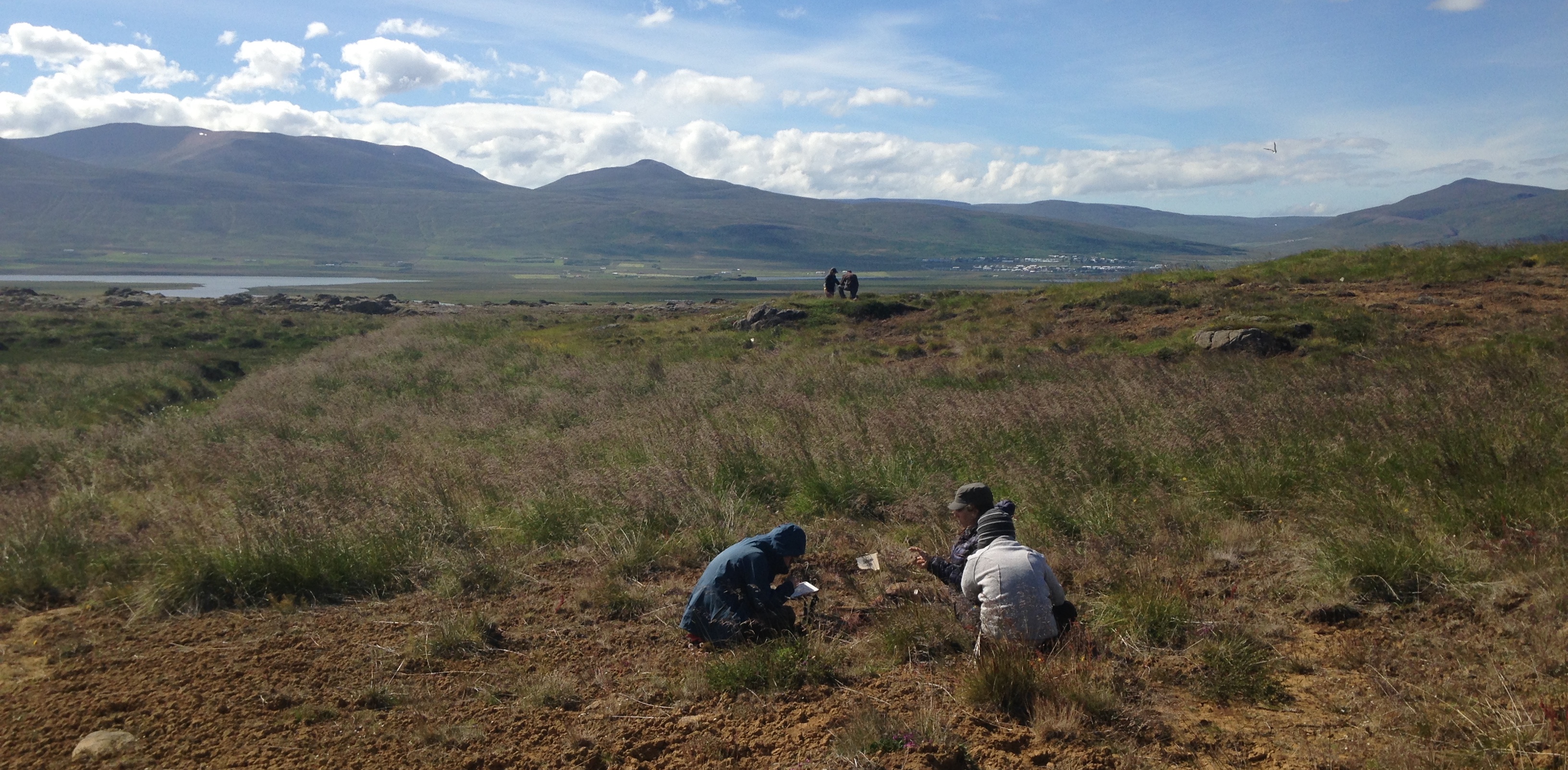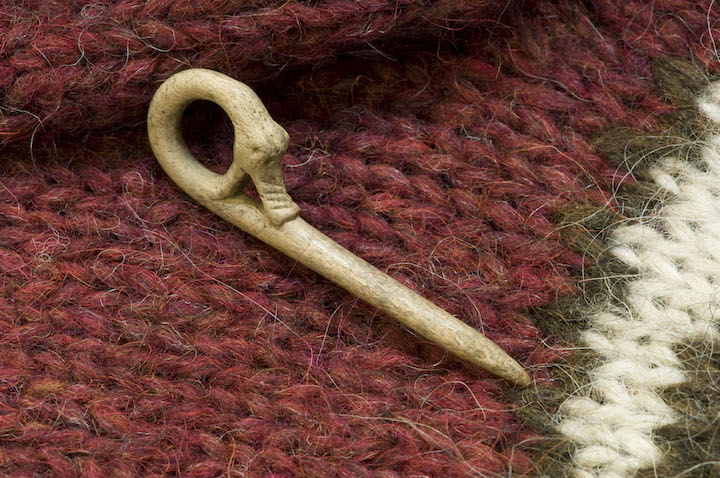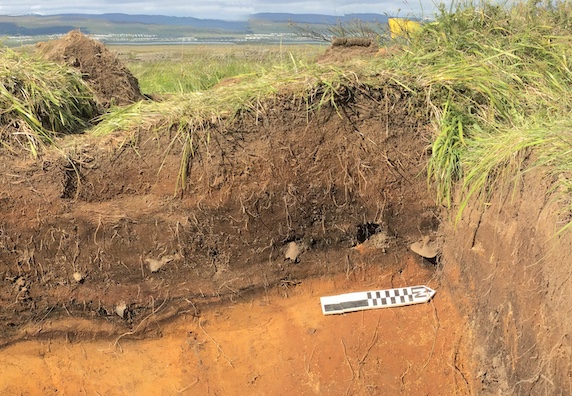As Temperatures Rise, Team of JSU Archeologists Head to Iceland
06/23/2022

by Brett Buckner
A team of scientists from Jacksonville State University will soon embark on an archeological research trip to Iceland in hopes of uncovering the mysterious lives of ancient Viking settlers.
From June 27 to July 27, Dr. Kathryn Catlin, an assistant professor of anthropology, will lead two JSU undergraduates, a graduate assistant and a few professional colleagues in excavating small Norse farms settled in the 9th century. The project is funded by a grant from the National Science Foundation awarded to Catlin in 2020.
 For the past decade, Catlin has been investigating small dwellings located on the periphery of larger, more permanent farmsteads, trying to understand how early settlers lived and how their relationship to the environment changed over time. She is quick to point out, however, that these are not the Vikings of legend, lore and the History Channel.
For the past decade, Catlin has been investigating small dwellings located on the periphery of larger, more permanent farmsteads, trying to understand how early settlers lived and how their relationship to the environment changed over time. She is quick to point out, however, that these are not the Vikings of legend, lore and the History Channel.
“I always hesitate to use that word – Viking – which to a lot of people means going out raiding and pillaging,” Catlin said. “The people whose lives we’re excavating weren’t really doing that. These are farmers or fishermen – ordinary people who likely never left Iceland once they got there. I’ve trained myself to say Norseman, or Icelanders, rather than Vikings.”
It was long assumed that these farmers and their households were living in one of the larger centralized farmsteads, but evidence Catlin and her colleagues has discovered dating back to 870 CE indicates otherwise.
“We know people were on Iceland, coming to these teeny tiny places that are currently around the edges of these larger farms,” she said. “The farms are still there, using modern technology, but these little places on the edges stopped being inhabited around the first two centuries of its settlement.”
Catlin’s team will be seeking archeological evidence of the role settlers played in the colonization of Iceland. Were these dwellings independent or associated with nearby farms? Could this be where their servants spent some of the year? The research could reveal how lower-income settlers lived and lead to a deeper understanding of the social hierarchy.
“We have an opportunity to learn a great deal about how these people lived,” Catlin said.
During previous trips, Catlin excavated 1 and 2-meter square units in what are essentially ancient trash piles, discovering a few artifacts along with ash sweepings from hearths. Charred ancient seeds from the hearths were sent off for radio-carbon dating, confirming they were from early settlements.
“What we don’t know is who they were and what they were doing there,” she said. “We just know they were there.”
For those who make the journey, there will certainly be an adjustment when it comes to spending a month in Iceland. But since they’re going in the summer, the weather won’t be an issue.
“I’m planning to tell the students to dress for working outside in an Alabama winter,” Catlin said. “It’s not exactly shorts and flip-flops weather – mostly they’ll dress in layers. It can get up to 70 degrees, and it does rain a lot, but it’s not unpleasant. It’s milder than most expect. However, students will be experiencing 24 hours of daylight, so that will be an adjustment.”
As the thermostat climbs at home – reaching heat indexes of more than 100 degrees – an Icelandic summer should offer the team an enviable break from the sweltering summer heat.


